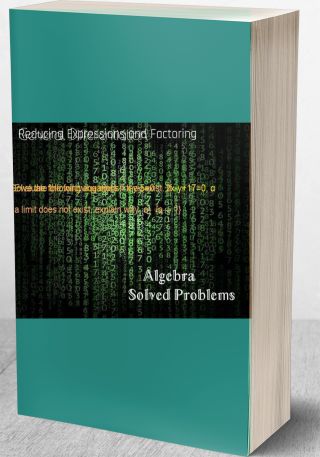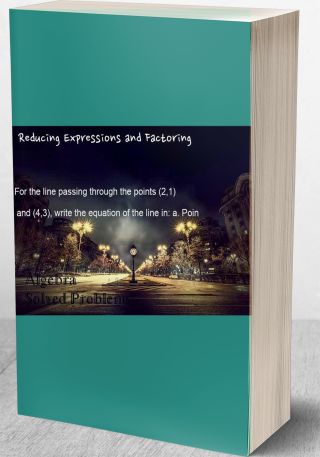Let g : be a function such that the following holds: There is a constant 0 ? L ? 1 such that | g (x
Question:
Let g : ![]() be a function such that the following holds:
be a function such that the following holds:
There is a constant 0 ≤ L ≤ 1 such that
| g (x) – g (y) | ≤ L |x – y| for all x, y ![]() .
.
The aim of this problem is to prove that there is a unique x* ![]() with the property x* = g (x*) (such an x* is called a fixed point of g). To do this, we will follow the following scheme:
with the property x* = g (x*) (such an x* is called a fixed point of g). To do this, we will follow the following scheme:
First choose an arbitrary, but fixed, x0 ![]() . Then define inductively
. Then define inductively
xn+1 = g (xn) for every integer n ≥ 0.
a) Prove that for every n ≥ 1, we have
|xn+1 - xn| ≤ Ln |x1 - x0 |
b) Conclude from the inequality (0.1) that the sequence {xn} is a Cauchy sequence
c) Define now
x* = ![]()
Note that the limit exists because {xn} is Cauchy. Prove that x* = g (x*)
(Hint: Recall the definition of the sequence xn)
d) Prove that x* is the only real number with the property t = g(t)
(Hint: Assume that there are x1, x2 ![]() with x1 = g (x1) and x2 = g (x2) and use the fact that 0 ≤ L ≤ 1 to show that x1 = x2)
with x1 = g (x1) and x2 = g (x2) and use the fact that 0 ≤ L ≤ 1 to show that x1 = x2)
Deliverables: Word Document



![[Solved] Use Lagrange multipliers to find the indicated extrema Maximize f(x,y,z)=xyz #11129 Differentiation: Calculating Derivatives using the Chain Rule](/images/downloads-images/featured/Calculus-question-21826.jpg)
![[Solved] Use the shell method to set up and evaluate the integral that gives the volume of the solid generate #15056 Other Calculus](/images/downloads-images/featured/Calculus-question-16793.jpg)
![[Solution] The derivative of a function f(x) is given. In each case, find the critical numbers of f(x) and cl #22430 Integration by substitution and change of variables](/images/downloads-images/featured/Calculus-question-21944.jpg)

